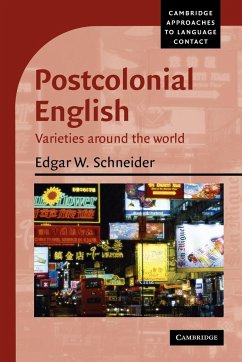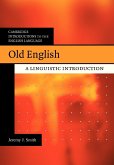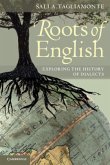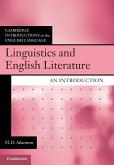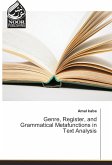The global spread of English has resulted in the emergence of a diverse range of postcolonial varieties around the world. Postcolonial English provides a clear and original account of the evolution of these varieties, exploring the historical, social and ecological factors that have shaped all levels of their structure. It argues that while these Englishes have developed new and unique properties which differ greatly from one location to another, their spread and diversification can in fact be explained by a single underlying process, which builds upon the constant relationships and communication needs of the colonizers, the colonized, and other parties. Outlining the stages and characteristics of this process, it applies them in detail to English in sixteen different countries across all continents as well as, in a separate chapter, to a history of American English. Of key interest to sociolinguists, dialectologists, historical linguists and syntacticians alike, this book provides a fascinating new picture of the growth and evolution of English around the globe.

